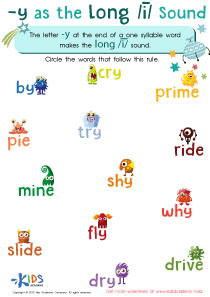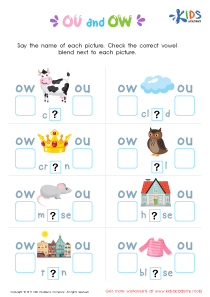Short Vowels Worksheets for Ages 4-7
22 filtered results
-
From - To
Discover our engaging Short Vowels Worksheets designed specifically for ages 4-7 at Kids Academy! These educational printables provide fun and interactive activities to help young learners master short vowel sounds. Perfect for preschool and early elementary students, our worksheets combine colorful visuals with simple tasks, ensuring children stay motivated and focused. Each worksheet is crafted to build phonetic understanding, enhance reading skills, and promote confidence in literacy. Ideal for both classroom and home use, let our Short Vowels Worksheets turn learning into a playful and fruitful adventure for your kids. Explore now and watch them thrive!
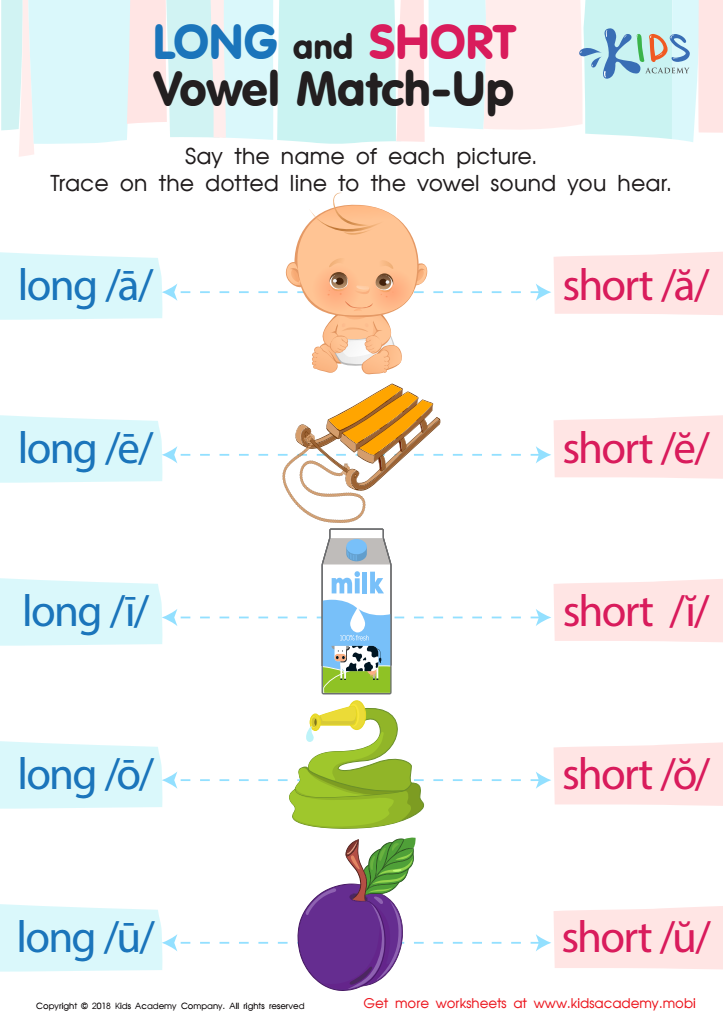

Long and Short Vowel Match up Reading Worksheet
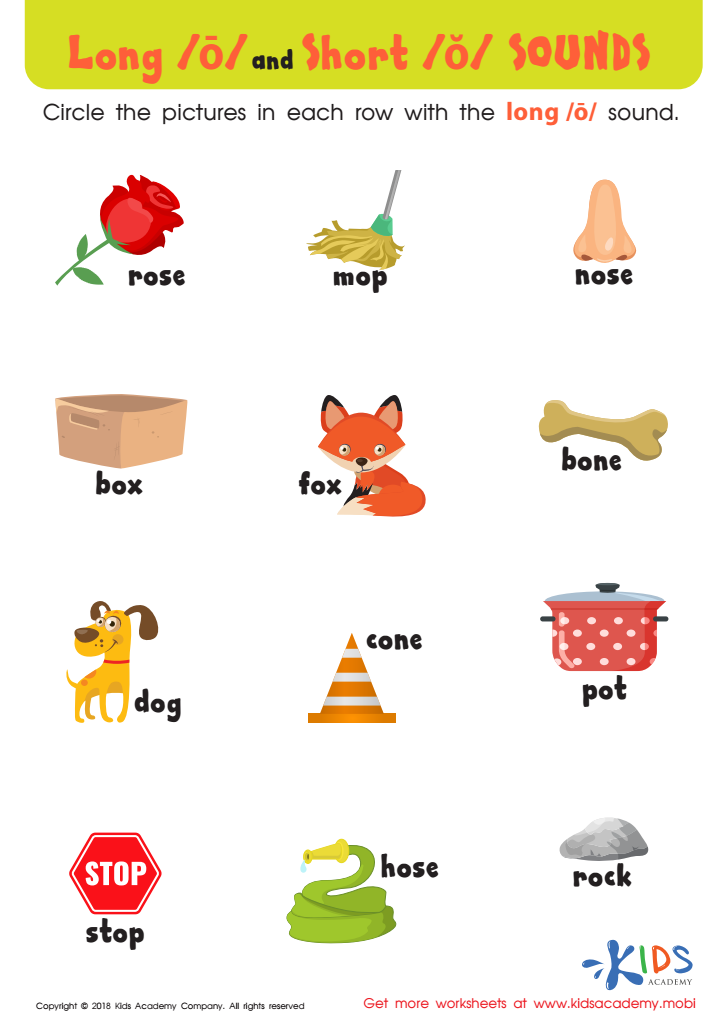

Reading: Long O and Short O Sounds Worksheet
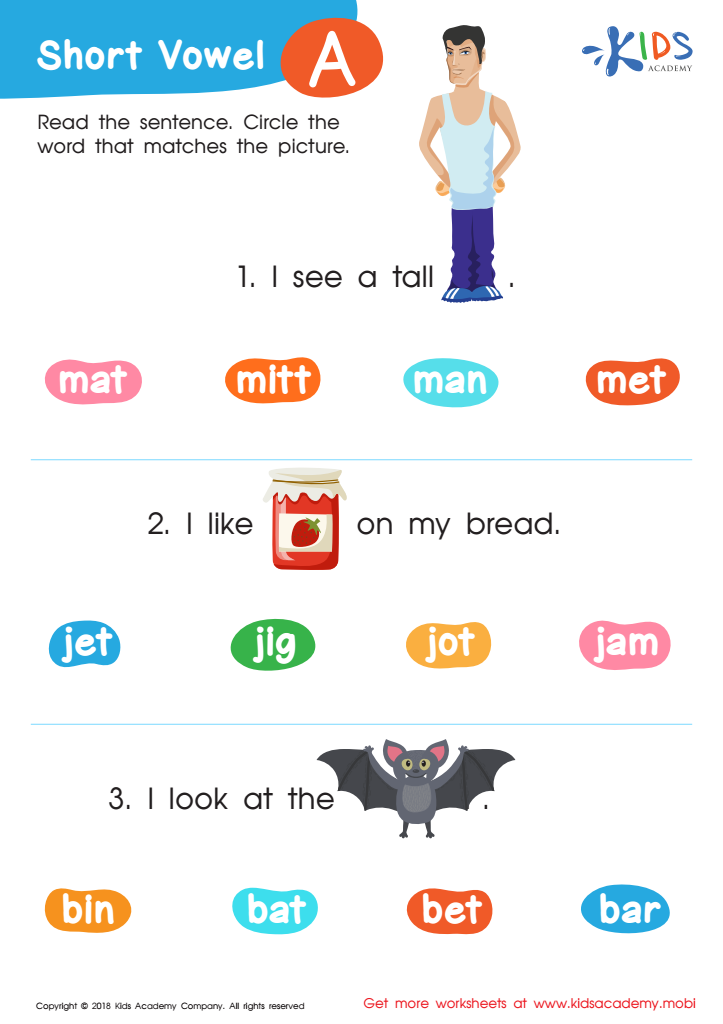

Short Vowel /a/ Worksheet
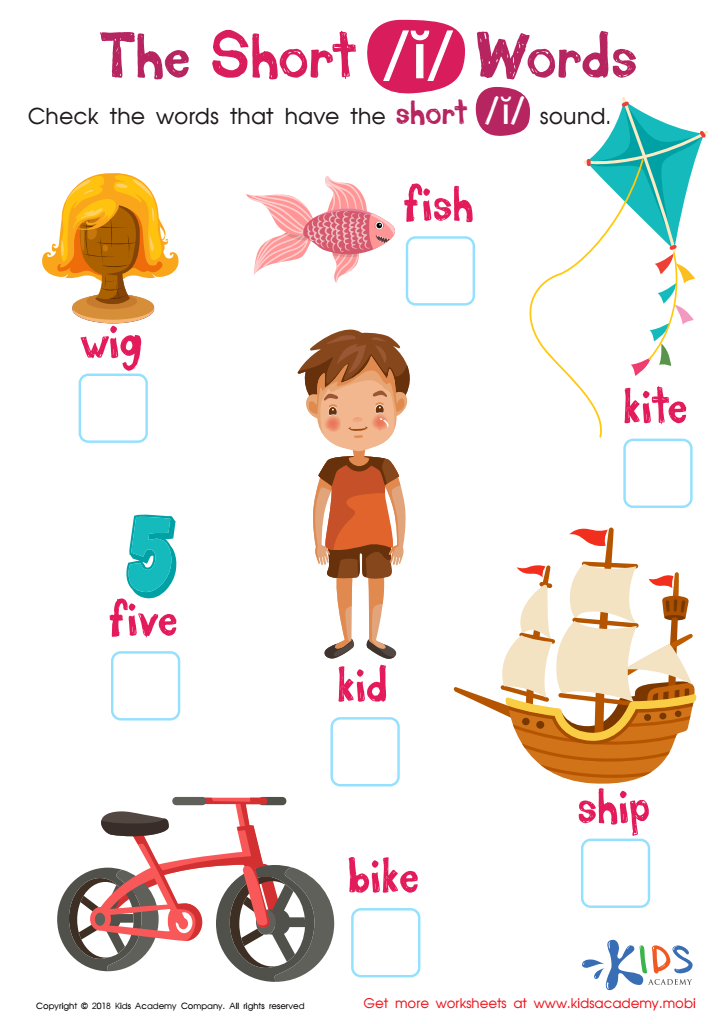

The Short I Words Reading Worksheet
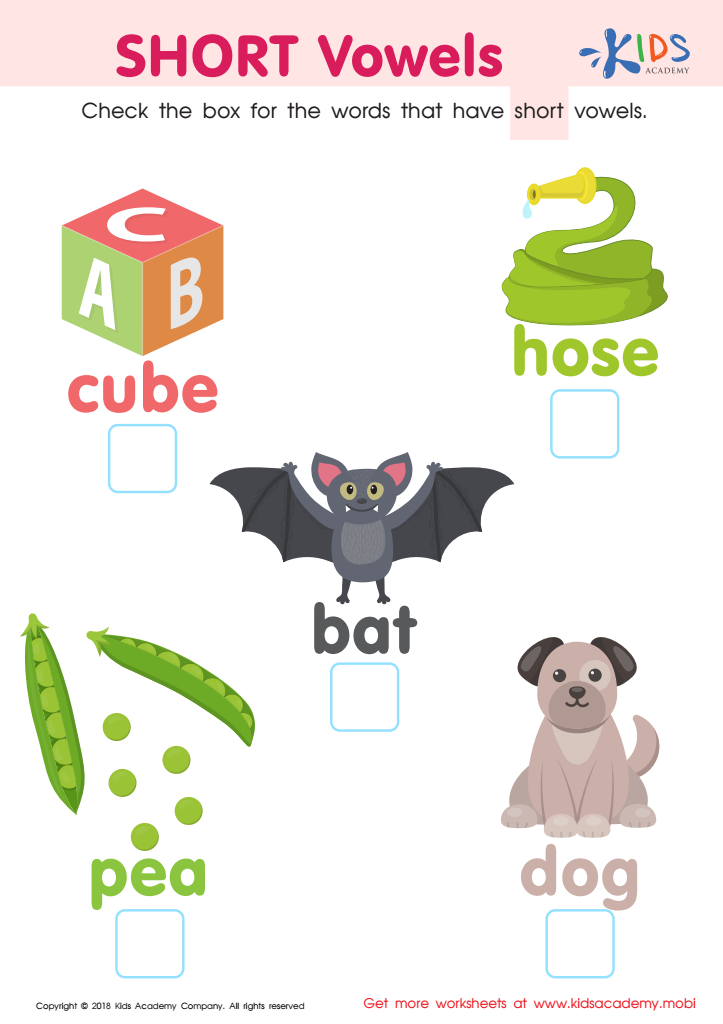

short vowels Worksheet
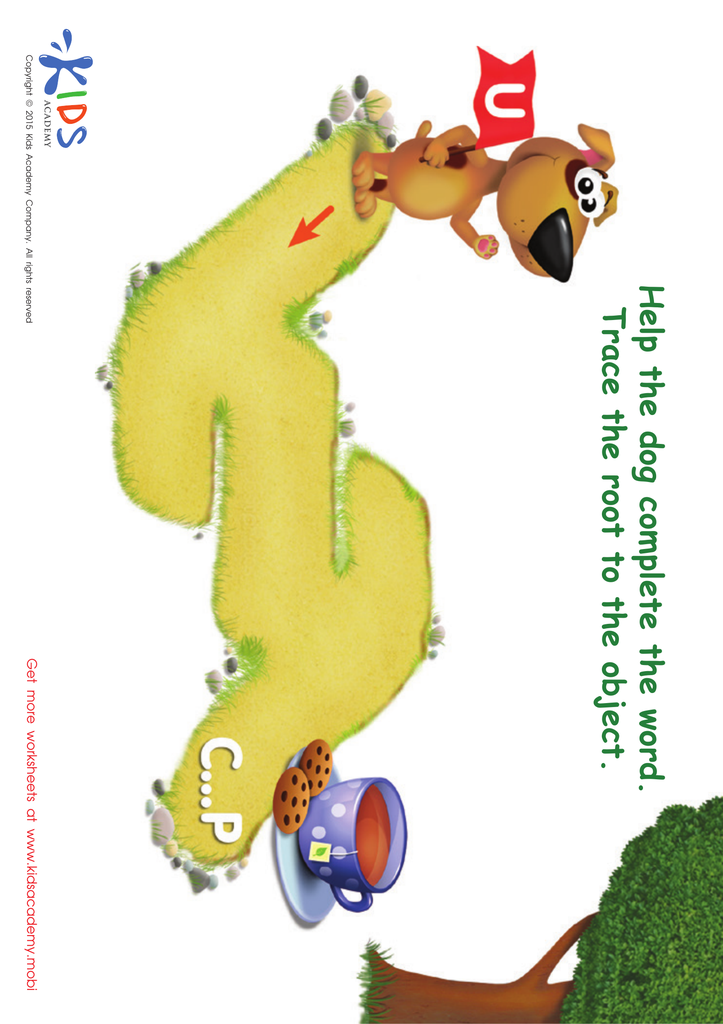

Short Vowel Sound U Worksheet Worksheet


Short Vowels /e/, /i/, and /u/ Worksheet
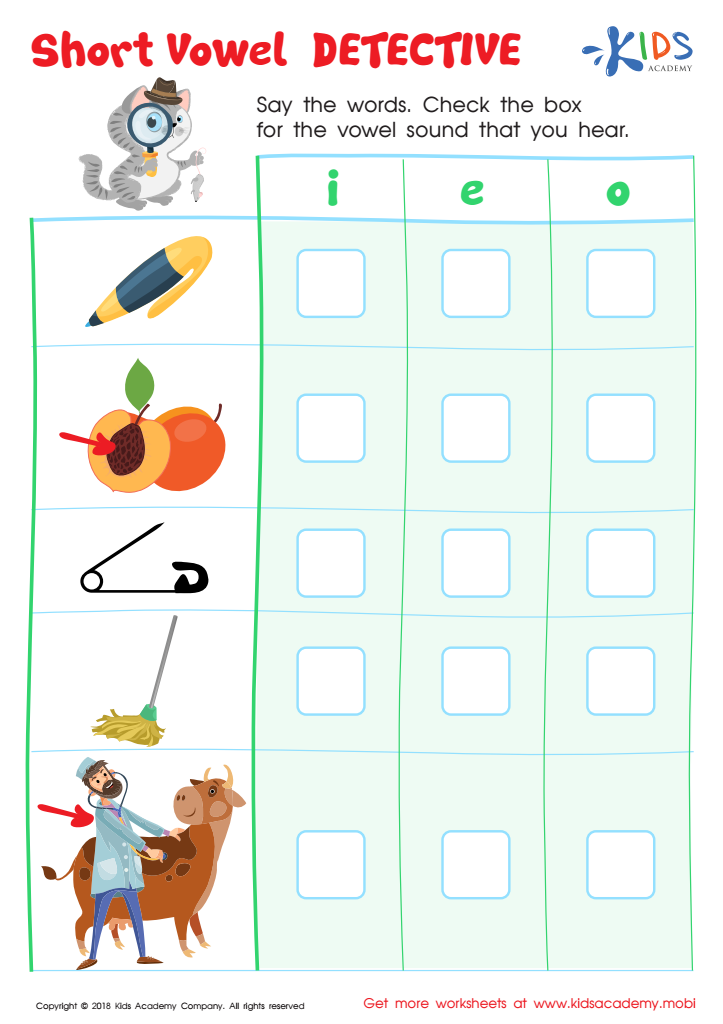

Short Vowel Detective Worksheet
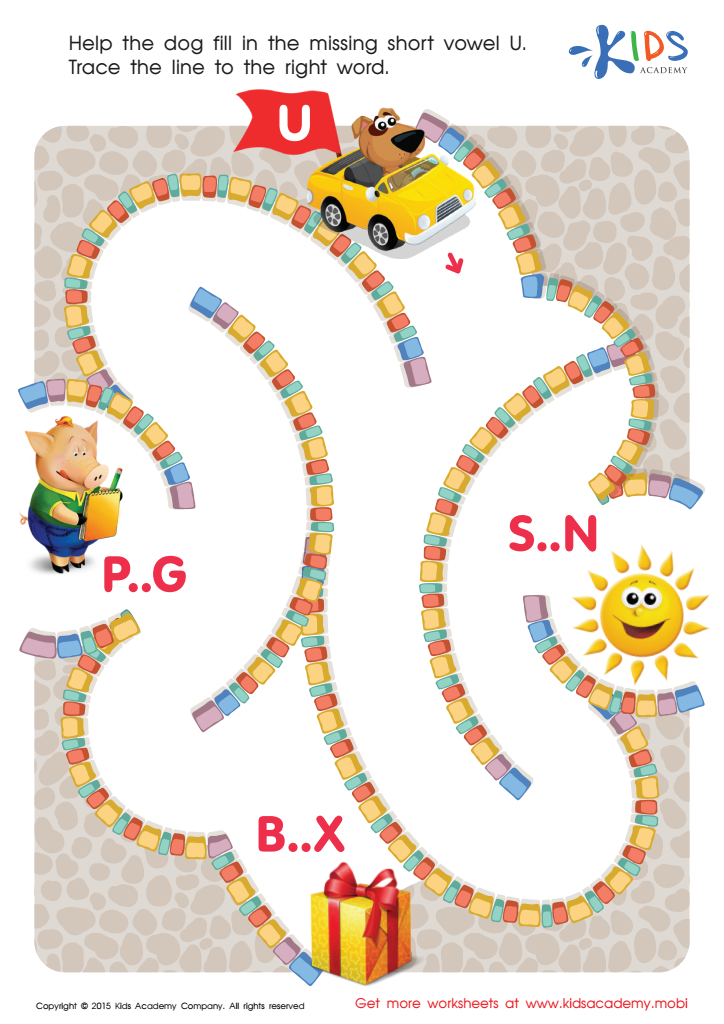

Short Vowel Sound U Worksheet
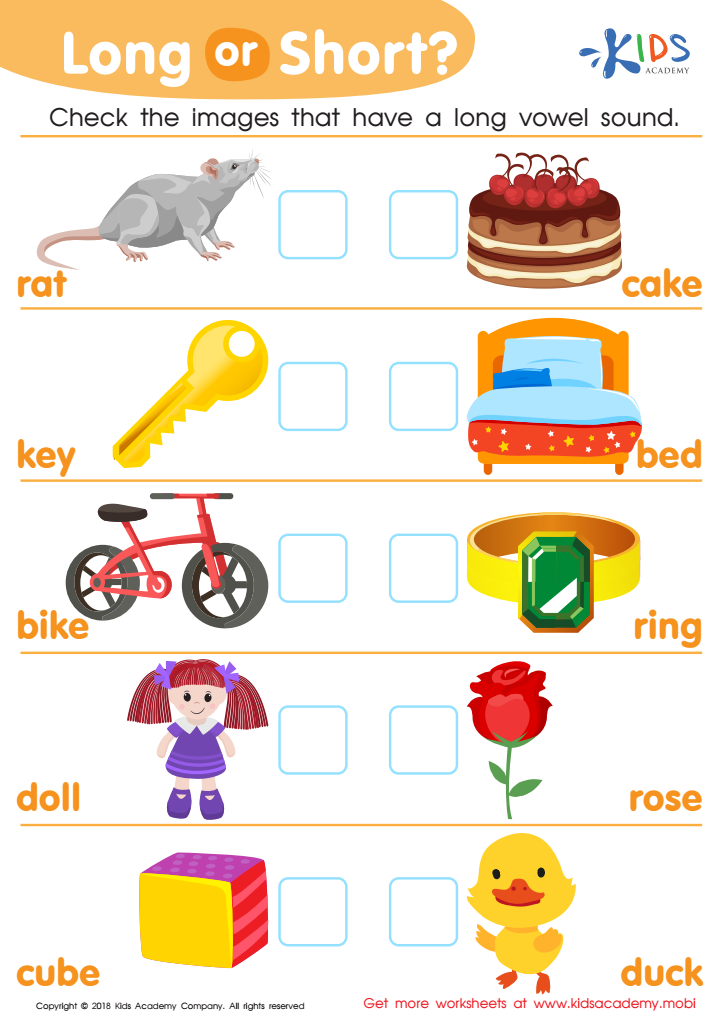

Long or Short Reading Worksheet


Short Vowel Eggs Worksheet


Long and Short U Worksheet
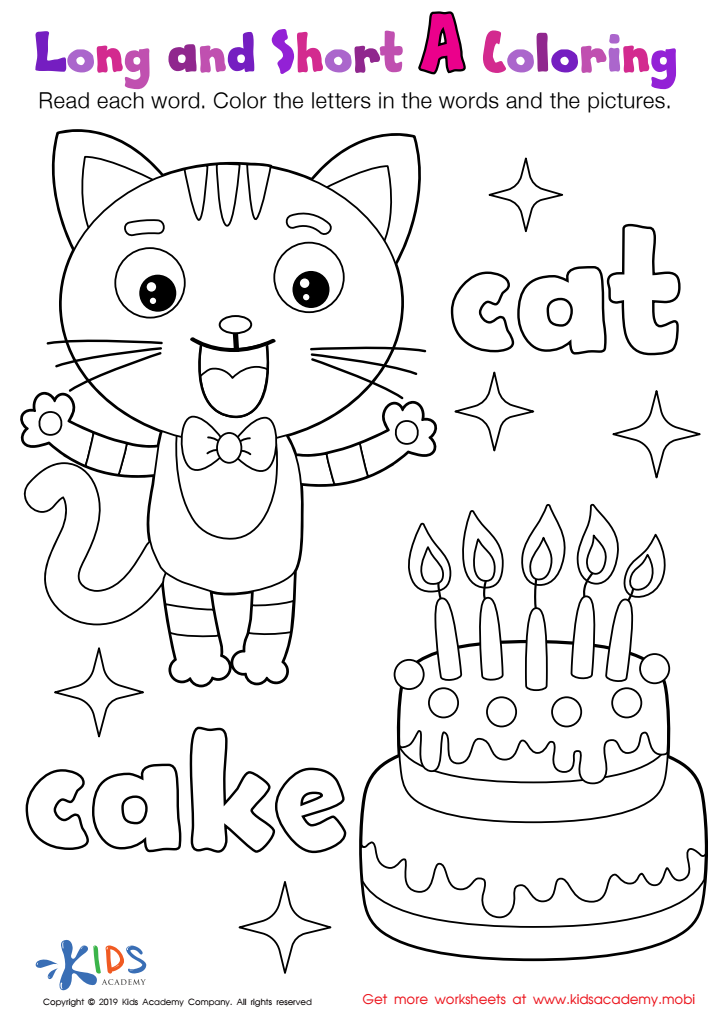

Long and Short A Worksheet
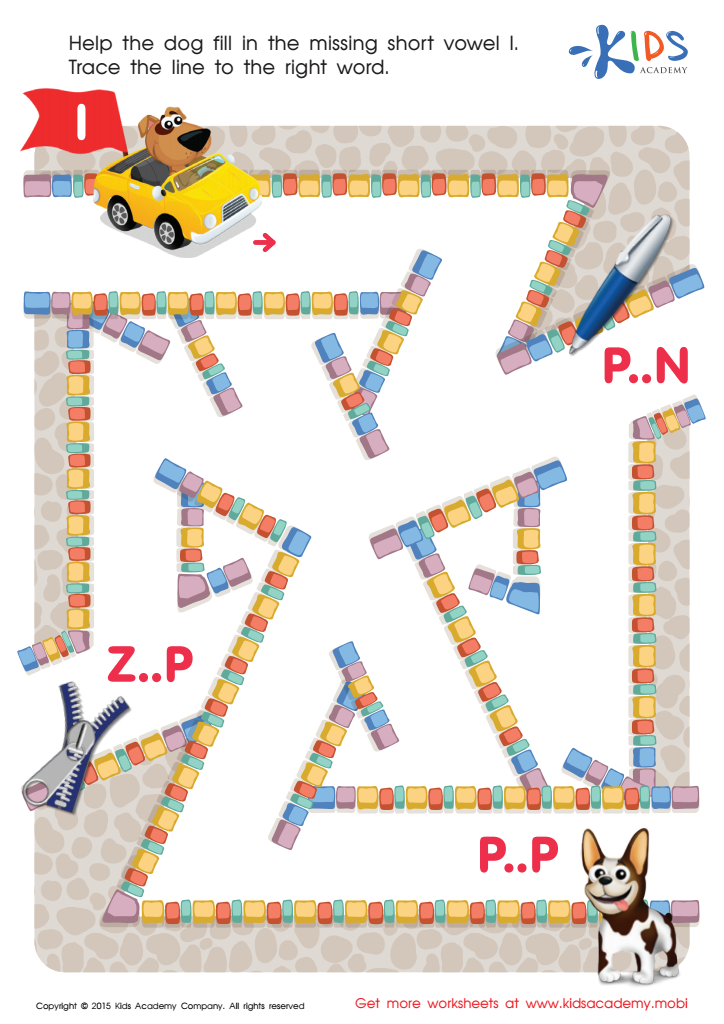

Short Vowel Sound I Worksheet
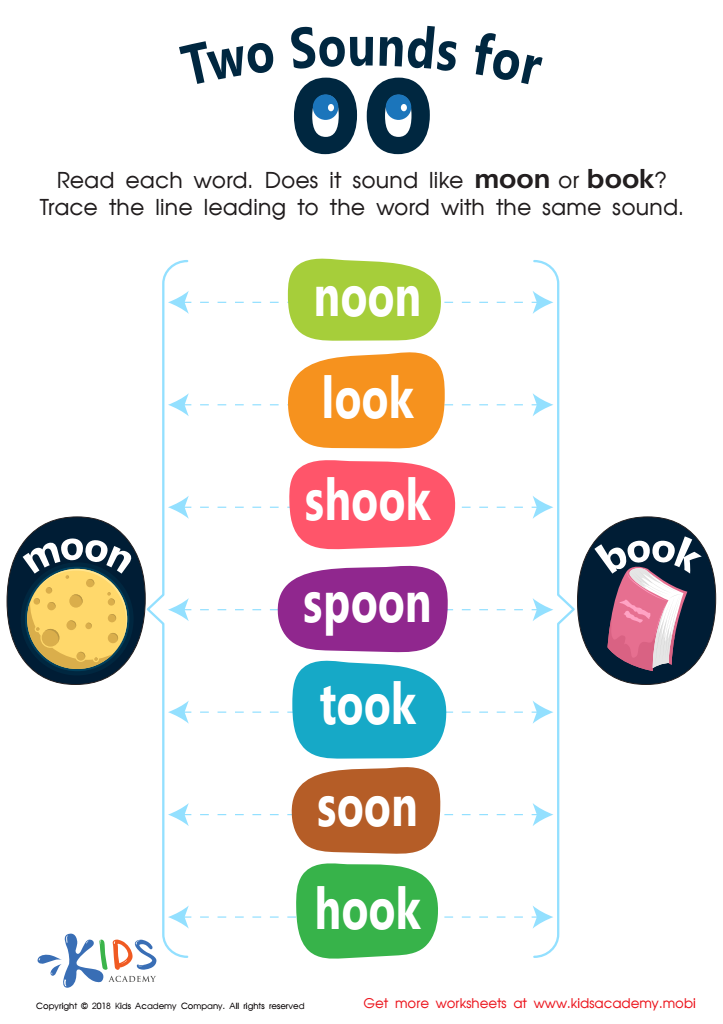

Two Sounds for OO Worksheet
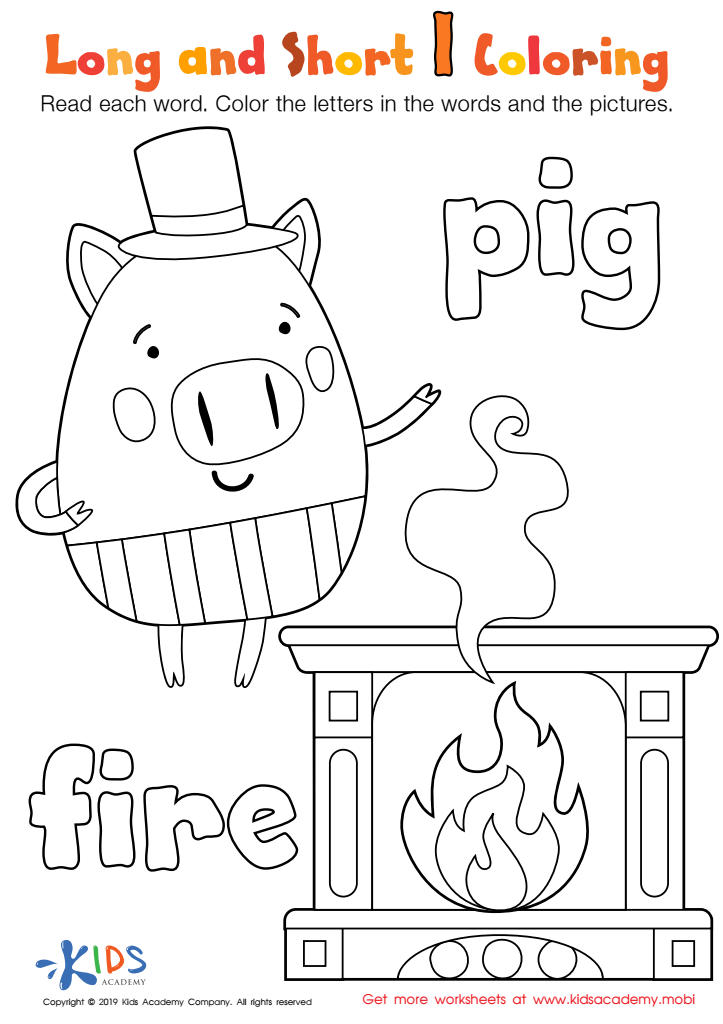

Long and Short I Worksheet
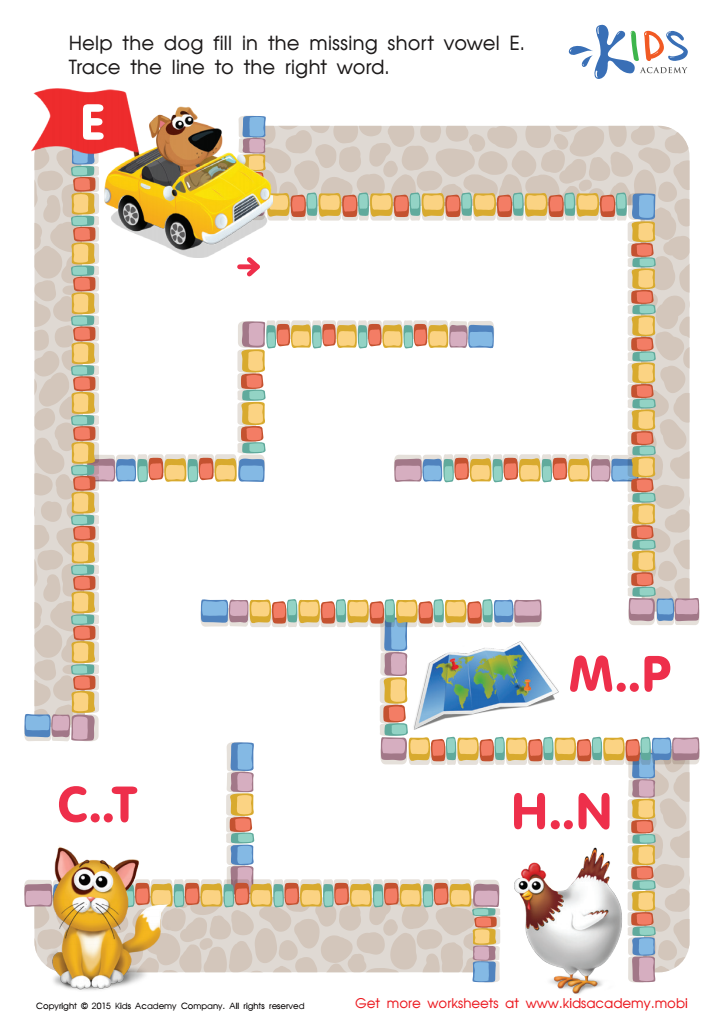

Short Vowel Sound E Worksheet
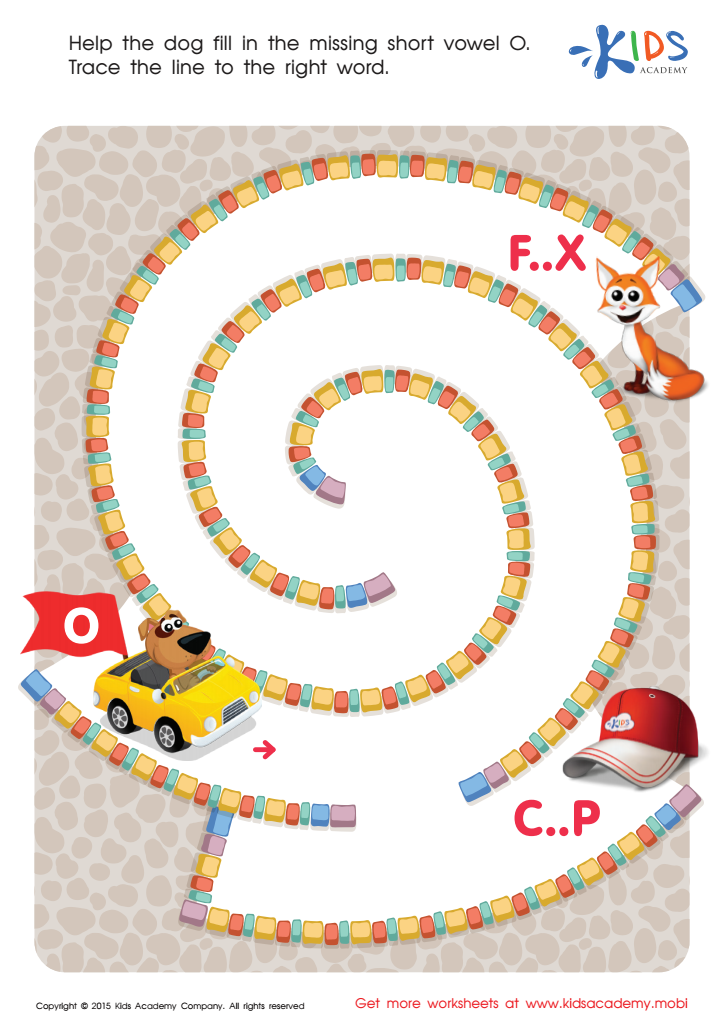

Short Vowel Sound O Worksheet


Long and Short Vowel Sentences: Assessment Worksheet
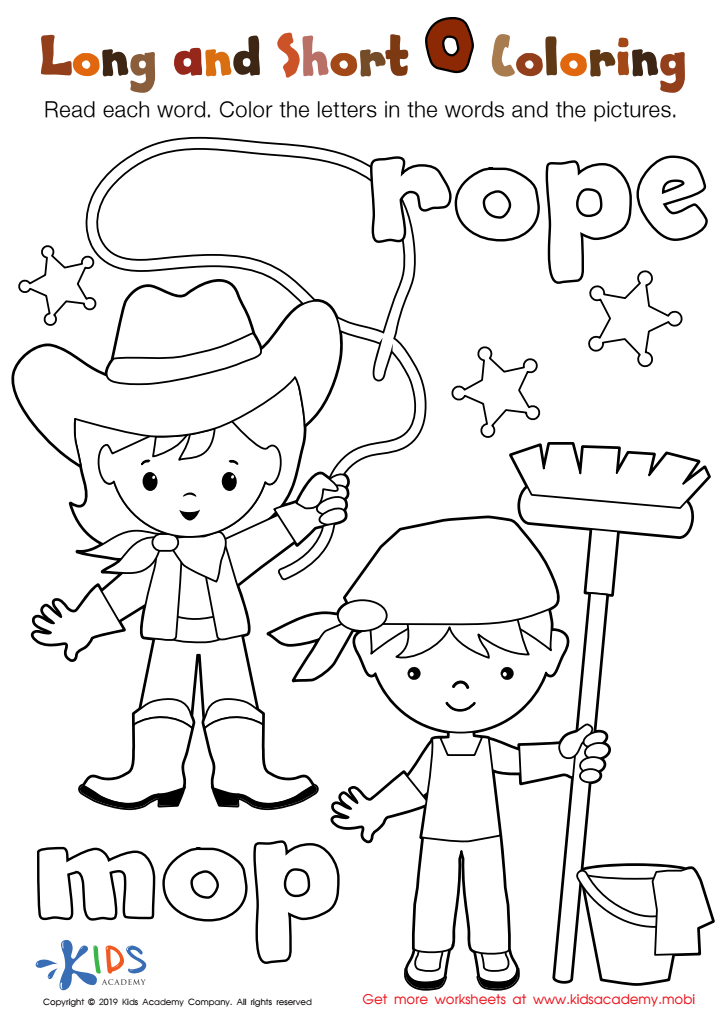

Long and Short O Worksheet
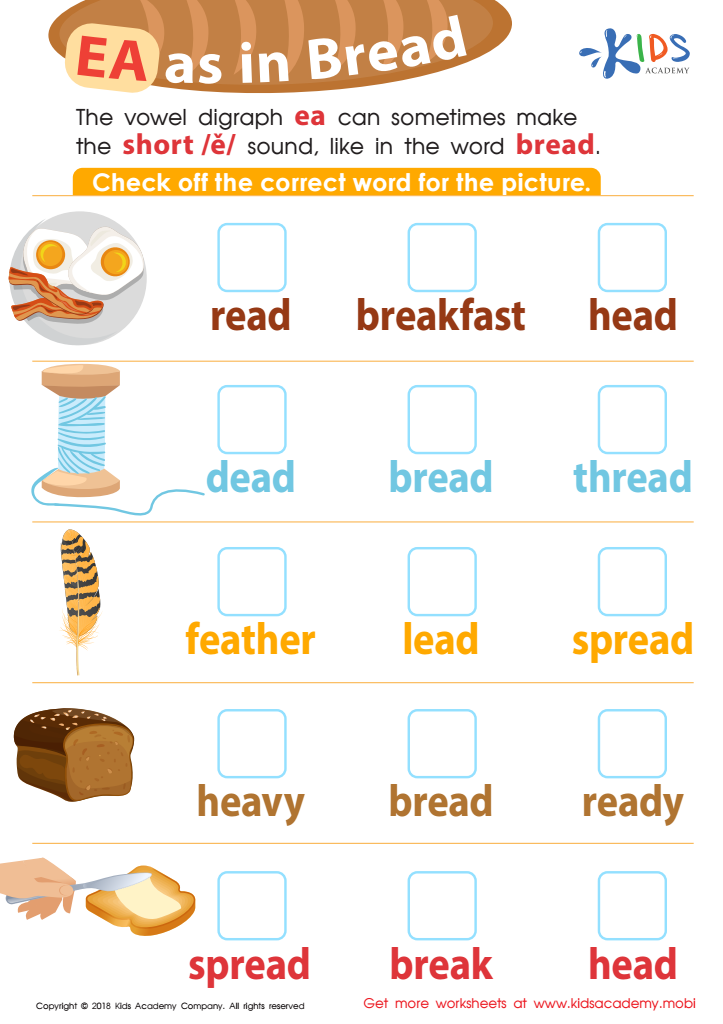

Reading: EA as in Bread Worksheet


Long and Short E Worksheet
Short vowels are fundamental building blocks in early literacy, and it is crucial that parents and teachers prioritize their teaching to children aged 4-7. This period is critical as kids are typically beginning their journey toward becoming independent readers. Mastering the short vowel sounds (a, e, i, o, u) helps young learners correctly articulate and distinguish words, which forms the foundation for reading and spelling.
Teaching short vowels effectively enriches a child's phonemic awareness—the awareness that words are composed of distinct sounds. This becomes particularly evident when children begin blending sounds to form words or segmenting words into individual sounds. For instance, the ability to recognize that "cat," "bat," and "rat" share the same "a" sound helps children decode new words more easily.
Moreover, strong short vowel skills directly enhance a child's confidence and enthusiasm for reading. Struggling with these basic sounds can lead to frustration and negatively impact a child's attitude toward learning. Early mastery of short vowels fuels progress in learning more complex reading concepts like long vowels, digraphs, and diphthongs.
In summary, understanding and using short vowels provide a solid foundation upon which all future reading and writing skills are built, making it essential for both parents and teachers to give these sounds the attention they deserve in early education.
 Assign to My Students
Assign to My Students







